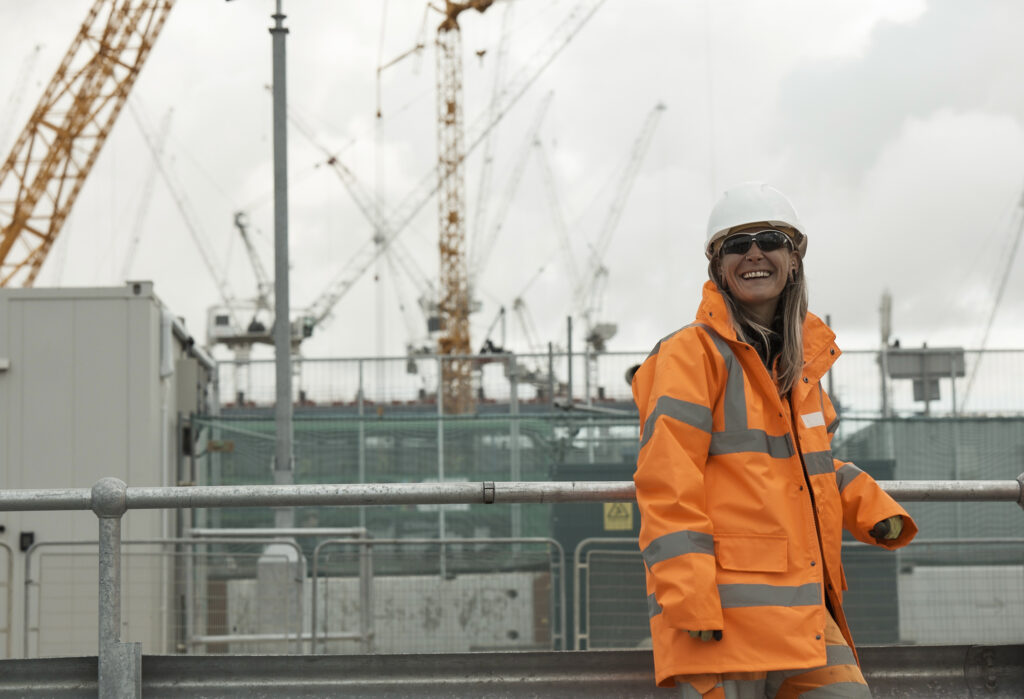EDF has announced £50 billion of investment in low carbon electricity to support the UK’s net zero transition.
In a new paper – entitled Helping Britain Achieve Net Zero: Our Plan for a Green Recovery – the energy supplier details how it is looking to invest to enable 12GW of wind, nuclear and solar power by 2035 – meeting one-fifth of UK demand.
It is split into three sections, detailing how the company aims to help develop a decarbonised power system and an electrified economy, grow emerging low carbon sectors and ensure the green recovery is affordable for all.
Key to the first section is the dramatic increase in the renewables in the UK, pointing to the Committee on Climate Change’s suggestion that low carbon generation needs to quadruple in order to meet net zero.
EDF stated that the UK is one of the “world’s best markets for growth in renewables”, continuing that it plans to “massively increase the size of our renewables business in the coming years,” within the paper.
Already, it has almost 1GW of renewable power in operation across 36 sites, 600MW in construction and almost 4GW in planning and development in the UK. This include major offshore wind projects like the Neart na Gaoithe farm, and solar projects like the 49.9MW Sutton Bridge Power Station solar farm, along with onshore and battery storage projects.
As well as renewables, EDF details its continued development of nuclear power in the first section of its Plan for a Green Recovery. It is continuing to focus on delivering Hinkley Point C in Somerset, the country’s only new build nuclear plant under construction currently, which is expected to meet 7% of UK electricity demand.
It is looking to replicate this nuclear plant with the construction of Sizewell C in Suffolk, utilising learnings for Hinkley to drive down costs. This will help support job creation EDF said, including the creation of 25,000 jobs and 1,500 apprenticeships.
In the second section of EDF’s paper, it discussed the need for expansion of the electric vehicle (EV) network, energy efficiency improvements and the deployment of low carbon heating strategies like heat pumps.
It is going to further expand the Pod Point charging network, which already has 62,000 charge points installed. The company is looking to support the delivery of the government’s £500 million rapid charging fund, helping to give consumers confidence to go electric.
EDF’s new subsidiary, Hynamics, is looking to develop and commercialise low carbon hydrogen, while Pivot Power – which EDF acquired in 2019 – is developing energy storage in the UK. It has a portfolio of 2GW of battery storage across 40 sites, and is helping to lead the £41 million world-first Oxford Energy Superhub.
In the final section, EDF calls for a strong carbon price to help ensure a green recovery is affordable for all energy customers.
Simone Rossi, EDF’s UK CEO, said that Britain needs jobs now, and investment can create those jobs and set the nation on the road to net zero.
“We’ve shown the positive impact a green recovery can deliver through the thousands of jobs created at Hinkley Point C which will deliver low carbon electricity to millions of customers for decades. As a copy, Sizewell C is an opportunity to double down on the economic and low carbon benefits for Britain.”






